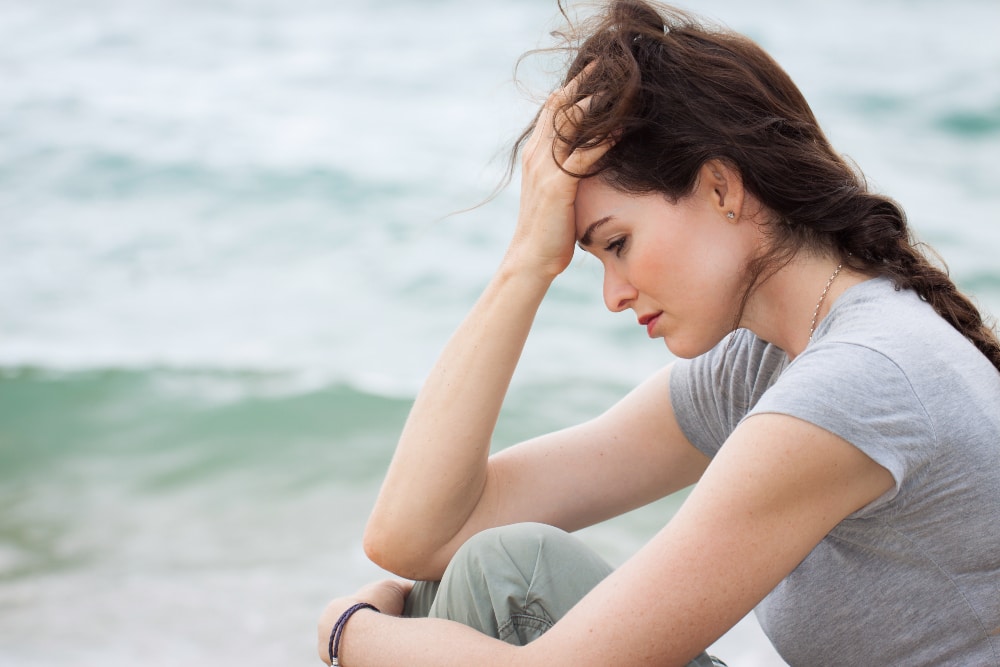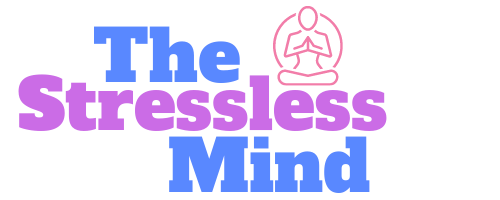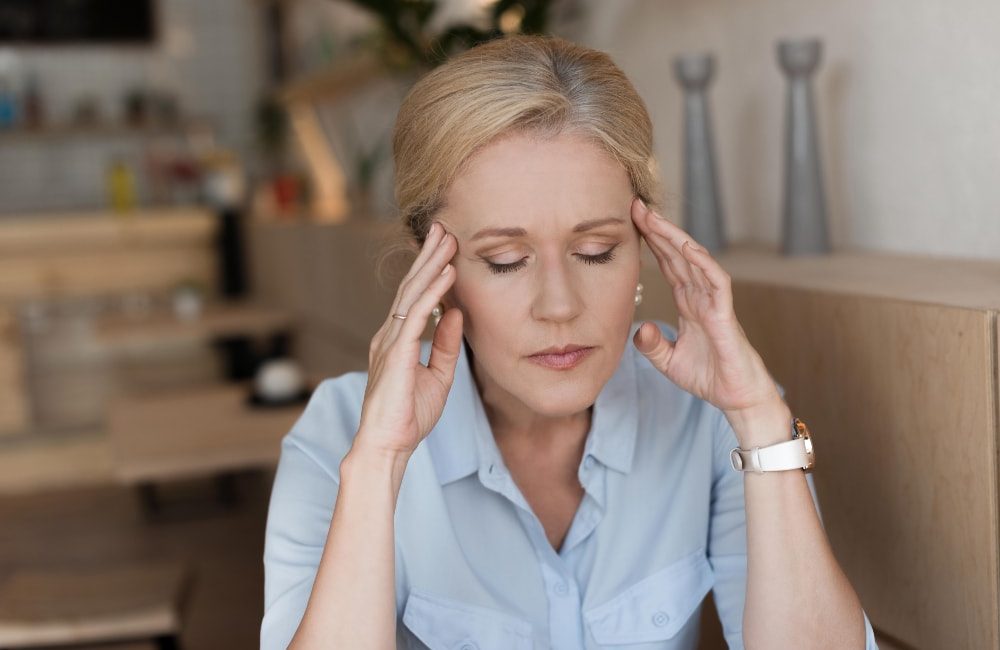Stress, depression, and anxiety – almost everyone feels at least one of these emotions at some point in their lives. They often surface as common reactions to life’s difficult challenges, from losing a job to getting an eviction notice.
Generally, they appear to be similar, but each varies in different aspects. Below is a guide highlighting the difference between stress vs anxiety vs depression.
What is Stress?
Stress is characterized by a sense of feeling overwhelmed. The feeling is often caused by overstretching your coping capacity. It may also be a result of you being under pressure for too long.
Symptoms of Stress
- Change in eating habits/patterns
- Irritability
- Memory problems
- Having a hard time concentrating
- Insomnia
- Feeling overwhelmed
If you’re experiencing any of these symptoms, it would be a good idea to find a way to manage some of the stress in your life. That might be by seeking professional help or by changing your schedule and learning how to manage stress.
What is Depression?
Depression is an experience where you are generally in a “low mood” most of the time and lack complete interest in the things you normally love to do.
In addition, you may also notice changes in your appetite and sleep patterns. When experiencing depression, you will generally feel demotivated and withdrawn from everyone.
Symptoms of Depression
- Suicidal thoughts
- Feeling sad and hopeless
- Chronic restlessness, irritability, agitation
- Change in eating habits
- Rage and anger
- Memory problems
- Decreased energy
- Ongoing fatigue
- Having a hard time concentrating
- Loss of sex drive
- Insomnia
- Persistently feeling guilty, helpless, or worthless
Depression is not just feeling sad but rather an ongoing feeling that disrupts your regular life. Don’t manage depression yourself – seek professional help or reach out to friends and family for practical and emotional support.
What is Anxiety?
Anxiety is the sense of dread or fear that a terrible thing may happen to you. It can be general or specific to a social situation, place, or thing (phobia). Anxiety and stress may appear or feel similar but tend to differ.
On the one hand, stress is a response to daily pressures or a threatening situation. On the other hand, anxiety is a stress reaction.
Symptoms
- Obsessive thoughts
- Digestive complications
- Insomnia
- Having a hard time concentrating
- Chronic restlessness, tension, or nervousness
- Hyperventilation or rapid breathing
- Rapid heart rate
- Feeling panicked or in danger

Difference Between Stress and Depression
Depression is a mental health condition requiring immediate diagnosis. According to the World Health Organization, over 264 million people globally suffer from depression. It is a leading cause of disability worldwide. While stress is mostly related to life events, depression may happen when everything seems perfectly fine and can extend up to years.
On the other hand, stress is not a mental health condition. In most cases, stress tends to have obvious triggers like an illness, divorce, changing jobs, or moving house.
It typically resolves as life events alter. However, stress can lead to mental health challenges such as depression and anxiety if persistent for a long period of time without relief.
Difference Between Anxiety and Depression
Depression is a mood disorder characterized by overwhelming sadness and despair. However, anxiety is the overwhelming stress or worry related to the perceived inevitability that something unpleasant is about to happen at that moment or in the near future.
Anxiety also has its own class of conditions. There are different types of anxiety, including specific phobia, social anxiety, and generalized anxiety.
Difference Between Anxiety and Stress
People under stress often experience physical and mental symptoms such as difficulty sleeping, digestive troubles, muscle pain, fatigue, anger, and irritability. On the other hand, anxiety is defined by persistent excessive worries that don’t go away even without a stress-causing factor.

Tips to Reduce Stress, Anxiety, and Depression
- Reduce stressors. In most cases, it is easy to determine what is stressing you. Try and discover if you can make changes in your life to reduce the stress you feel pressured by. Break down any problems so they don’t seem as insurmountable and handle any of the issues one by one – one step at a time.
- Take care of your body. Your body is easily susceptible to being overstressed if it is depleted. Ensure you get sufficient sleep, stay hydrated, exercise regularly, and eat a healthy diet. Not just a catchphrase, ‘self care’ is important – you empower your body and mind to feel better by taking care of it.
- Indulge in your hobbies and fun activities. In some instances, mixing up routines can make a massive difference in your outlook on life. Take a walk, go out with friends, or do things you naturally enjoy more often. Make time for you.
How to Differentiate Between Stress, Anxiety, and Depression
Are you feeling overwhelmed yet struggling to know the underlying condition? Most people classify any mental issue as either depression or stress. Anxiety is often easy to tell in severe instances.
However, your best shot at determining whether you are suffering from depression, stress, or anxiety is to speak to a mental health expert. A specialized mental health expert can help you figure out your challenge and provide appropriate solutions.
Whatever you do, don’t suffer in silence. Reach out to a professional or, if that seems too hard, speak with a friend or family member about how you’ve been feeling.
They might be able to help steer you in the right direction and provide you with some ongoing support. You are not alone. The Stressless Mind is also a useful resource here to help you through this journey – check it out here.

